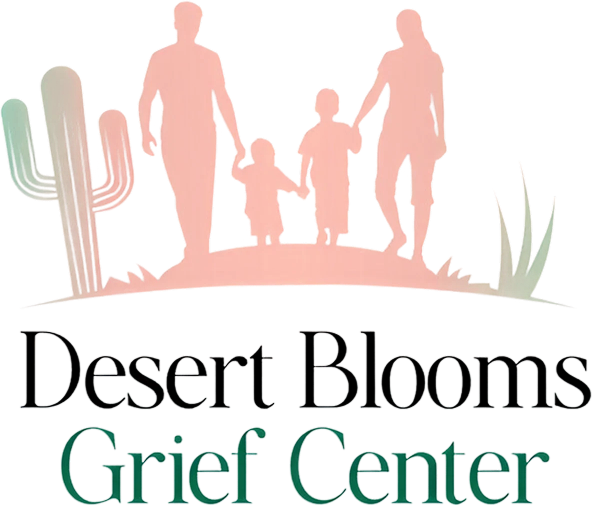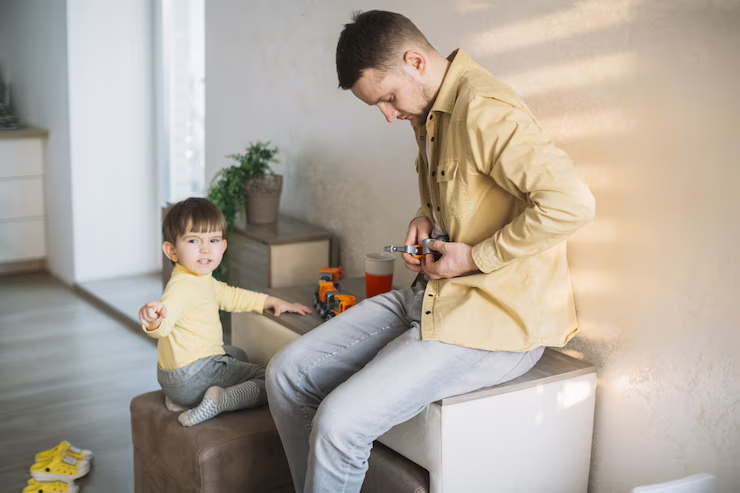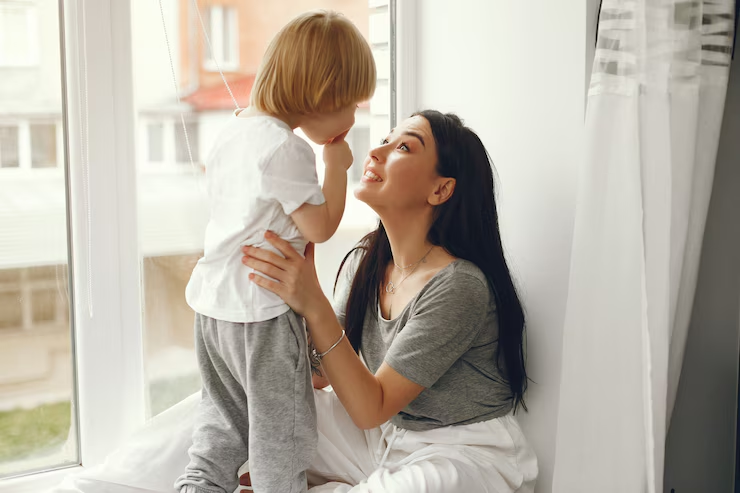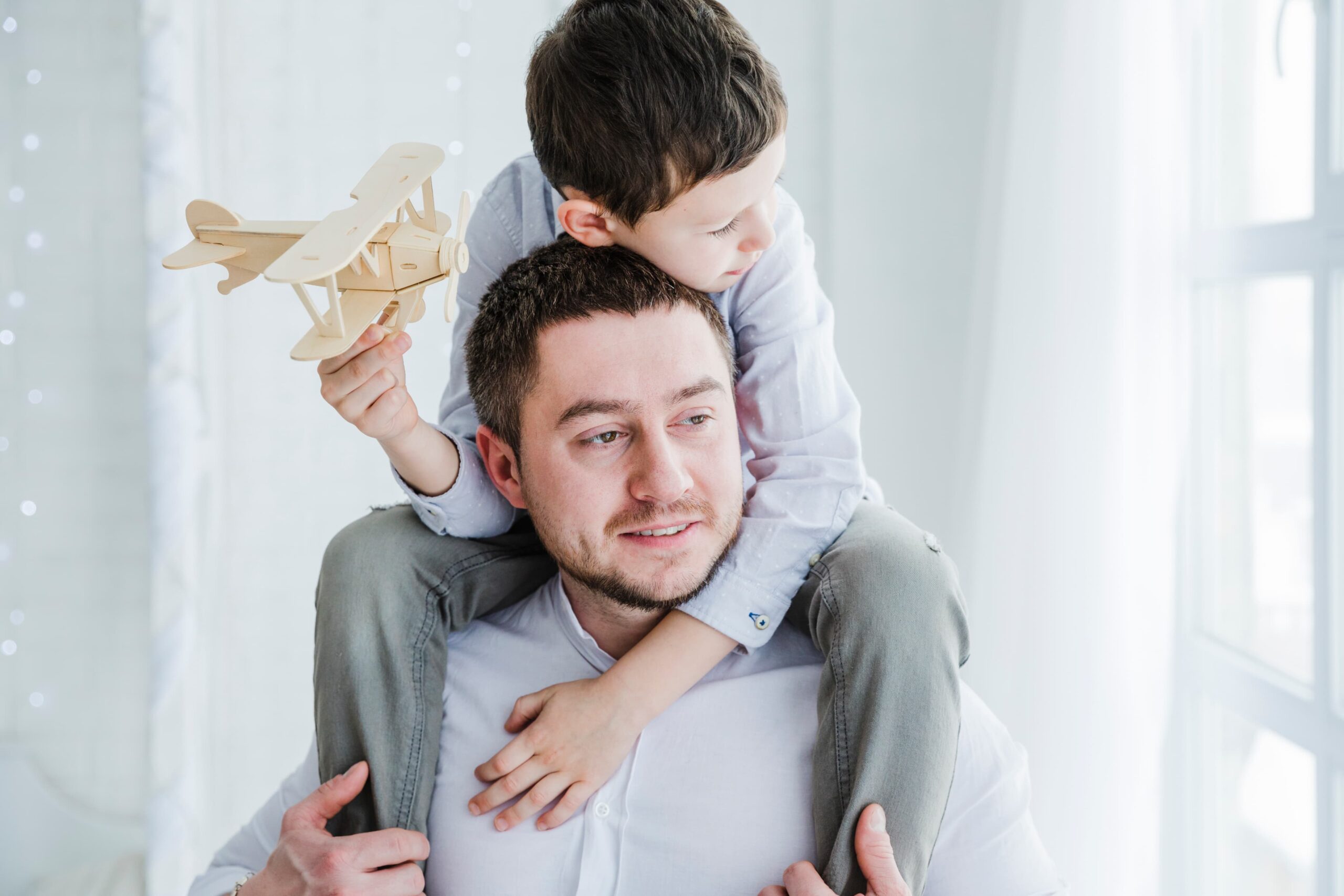The guidance counselor had called me into her office after I’d spent my spring break attending my mother’s funeral. This school was still new to me, and yet they all knew the most significant thing to have ever happened to me. The woman explained how she wanted to introduce me to two other students who’d lost their mothers. It felt like I was joining the most undesirable club and the membership had been forced upon me.
A girl named Jennifer joined me in the woman’s office first with her long blonde hair pulled into a ponytail and bright blue eyes followed by a boy named Cody who had contrasting dark brown eyes and incredibly curly brown hair. They each shared their stories with me in a way that seemed rehearsed, but I’d later find out for myself that it is just due to how often one is asked why they do not have a mother.
While Jennifer had lost her mom to a brain aneurism during a routine doctor’s appointment, Cody’s loss was due to a car accident. I know that the guidance counselor just wanted to show me that I wasn’t alone, but I cringe now at the thought that this was the extent of the school’s response to such a loss. All it showed me, both then and now, is that death and its subsequent grief are not rare events, but they are actually occurring all around us all the time. And as I made my way through a sea of faceless kids those first couple of months, one thought consumed me: “What will my life look like now?”
The Beginning of The End
My mom’s name was Peggy. She was obsessed with chocolate covered cherries and weird foods like pickled pig’s feet and chicken giblets. A country girl in love with Tim McGraw and a secret talent for drawing. She worked odd jobs to take care of her two daughters. We were everything to her. They say the challenge in being a mother is that you are watching your heart walk outside of your body. I know that that’s how she felt about us. What they don’t mention, however, is that it feels like there is nowhere for that little heart to return to once she’s gone.
I share her name and the little things that made her who she was because she was just like you and me. An individual with hopes, likes and dislikes, and people whom she loved so very much and did not want to part with. But just like that, she became a memory, and this transition is a whirlwind. It feels like the world moves forward so fast and you either resist or you struggle to keep up with the pace. For a child or teen, this can be simply too much to process. I know it was for me.
I was eight years old when my mom found one day that one of her legs was causing her to limp. Although she couldn’t recall a time in which she could have injured herself, she assumed it was a sprain or something just as reasonable. I can remember a quick flash of eventually going to the ER with her so they could do x-rays. Then a final flash of us leaving on a cool, dark evening with the x-rays providing no explanation for the limp.
We saw our family doctor next as the limp progressed before ultimately finding ourselves at the doorstep of a neurologist. My mom had also been experiencing weakness in one of her hands for a while, but no one thought to connect her hand to the limp until Dr. Detrich. He ran his tests and did his assessments before revealing at the appointment that I was excluded from, that he believed she had ALS.
ALS or Lou Gehrig’s or Amyotrophic Lateral Sclerosis is a disease that affects the nervous system. The breakdown of nerve cells weakens the muscles and as a result, reduces physical function. We have billions of neurons in our bodies that communicate back and forth from the brain to any given muscle we wish to use. So, the breakdown of these cells could mean losing the ability to walk, talk, eat or even breathe. It is due to this devastation to the body that the average lifespan for someone with this disease is only 2-5 years from the time symptoms present.
Neither my mom nor family were familiar with the disease when she’d been initially diagnosed. The specialist had beaten around the bush when it came to telling her about the mere pinch of a life expectancy or quality of life she could expect to have. Only after prodding from my aunt who had attended the appointment with her, did he divulge the 2-5 years, but that he knew of those who had lived much longer. “Yeah, but what sort of quality of life do those people have?” my aunt continued. The man then replied that those people he knew to surpass the average life expectancy were connected to feeding tubes and breathing machines.
I cannot imagine what she must have felt or thought of this earth-shattering news. A single mother of only forty-two being told she may only have a few years left to live. We all know that we will die someday, but most of us are spared knowing when death is breathing down our necks. My mom struggled to accept this fate. One major clue to this was her seeing numerous other doctors for their opinion on her condition. A first, second, third, fourth, fifth opinion and so on. Who could blame her? There wasn’t anything worse than a disease that promised certain death. I’m sure she figured, perhaps there was one that wasn’t as bad and it’s what I have instead. And, since ALS’s symptoms mimic other diseases, she’d heard possibilities such as lime’s disease, multiple sclerosis or motor neuron disease. Most of these alternate diagnoses were no better than the original, however, and they ultimately settled on ALS after ruling out the others with the relevant testing.
Meanwhile, the limp in my mother’s leg was progressing and began to affect her balance but she’d risked a trip to see my sister and her family in Michigan anyway. We were taking a greyhound bus to get back home and said our good-byes before leaving them inside the station. I’d boarded the bus first and turned once I got to the top of the steps to wait for her. I watched as she gripped the railing and began to lift herself onto the first step while I counted the seconds until someone noticed her struggle. She could not stand having anyone stare at her and I always felt anxious over the possibility.
The first step onto the bus had been conquered and one leg now rested on the second but trying to pull the rest of her body over the gap is where everything went downhill. Literally. People had started to gather behind her to board, and it all seemed to slow down as I watched her pained expression and her arms begin to shake. Between the incline, her body hanging from the railing and her muscles spent, gravity showed no mercy as she suddenly fell backwards out of the bus and onto the pavement. The facade of normalcy went with her as I stood and watched in horror while the people around us gasped and rushed to her aide. I had an aversion to greyhound buses for quite some time after that.
It wasn’t long into my mom’s illness that the doctors answered her growing instability with the issuance of braces for her legs. She continued to work and was still able to function on her own until she physically couldn’t anymore. The transition to a wheelchair was symbolic in that there was no more disguising that something was wrong to anyone, including herself.
My mother could no longer stand or walk without substantial assistance. She had no choice but to rely on home visits from nurses, my stepdad and myself to care for her in nearly every way. I helped her get in and out of bed, to and from the bathroom and bathed if no one else was home to do so. The way she would ask me sadly if I could wash her hair in the sink still causes a welling up of emotion within me today. ALS had stripped her of her independence and dignity. This was the woman who worked up to three jobs at a time to support us and now she was relying on her young daughter to care for her in the most basic ways. I have a distinct memory of sitting on the side of the tub while she used the restroom one evening. My stepdad and I had both lost our patience and weren’t in the best of moods. Once he’d left the room, she’d begun to shake her head and cry that she was so tired of being a burden to us.
It’s been twenty-two years since her passing, and I am still at odds with the child version of myself. People will stress to me, “Melissa. You were a kid. Kids roll their eyes and whine. Kids are brats.” But my mom was dying, I’d think to myself. I was one of the greatest loves of her life and I will never not think that I could have been a better daughter. Sometimes I daydream about going back to that time. Just to wait on her hand and foot. To be kinder. Have some deep conversations with her. Hug her and have her tell me she loves me and know it’s the truest time I’ve ever heard it. Unconditionally and without ulterior motives.
The last year of my mom’s life was chaotic as the disease lived up to its reputation, mercilessly and without regard to how good of a person it was torturing. ER visits became commonplace as she began experiencing shortness of breath episodes and mysterious nausea. But there is only so much you can do for someone with a terminal illness. Imagine knowing that. They would get her stabilized and then send her home until the next time. I am not sure which of these events was the catalyst, but my mom and stepdad eventually decided to accept my sister’s offer to move to Michigan with them. She and her husband traveled down to Delaware in February of 2003 to help us pack before we all made our way back there together.
I wonder to this day if it was just the disease consuming her once we arrived at my sister’s home, or if she merely let go because she knew I would be taken care of. My mom no longer used her wheelchair but stayed in a hospital bed situated in the living room. She also became disoriented, having moments when she thought it was a different year than it was. Sometimes she would go so far back that she didn’t recognize my stepdad whom she’d known since she was nineteen.
Then there were the hallucinations. There were a few evenings when she’d get a look of fear and tell us about the faces looking down at her from the ceiling. It became obvious that her condition was deteriorating greatly, and the decision was made to admit her to the University of Michigan in Ann Arbor. The University was massive and had several sections of specialty care to include neurological disorders like ALS. It seemed like the final leg of an emotional, tumultuous four years as my mom became unresponsive shortly upon her arrival. Meanwhile, I’d started a new school and was trying to fit in while life was busy conspiring to turn my world upside down.
Just a little over a month since making the move to Michigan, and another month since my mom was admitted to the university, my school released us for spring break. It was the first morning of our break that we received a call from the university. The team caring for my mom advised that they didn’t think she would make it through the day, and we should come see her.
So, we all gathered into the van and made the hour-long trip to Ann Arbor for what they predicted would be for the last time. My mother looked the same as she had on all our other visits. There was no obvious indication to the naked eye that it would be her last day on earth, but we said our good-byes just in case. I remember being given the room before I whispered into her ear that I loved her, and that I was sorry. Sorry for not being a better daughter. Sorry for not being kinder. Sorry for whining and giving her a hard time when she asked me to help her. Just. Sorry.
The drive home was silent and somber. We were told that the university ambulance would transport her back to my sister’s house to spend the remaining time she could have with us. I can remember sitting in the living room while someone occasionally checked outside for her impending arrival. But the phone eventually rang instead. My stepdad answered from the kitchen. The tone and quickness in which he spoke and then hung up didn’t give anything away. My sister had to go to the kitchen and pry it out of him. He revealed then that it’d been the driver of the ambulance, and that they wouldn’t be dropping my mom off at the house after all. She had died while en route.
7 April 2003, at just forty-six years old, and a mere four years after the initial diagnosis. I was twelve.
So, there I was, no mom, living in a different state, a new school, and my sister and her husband had gone to court to become my legal guardians. I went from being the only child in the home to being the oldest of four. It was a lot, and I can remember simply being overwhelmed and not being able to figure out which upheaval to pay attention to first. So, I didn’t pay good attention to anything. The answer, though? Always? I should have been grieving and processing my mother’s death.
Luckily, amidst the chaos, my sister had discovered “Ele’s Place”, a children’s peer grief support program. She, my niece and I would attend one night a week, spending the first hour eating dinner from a potluck and socializing before reporting to our group of cohorts. Every group would be overseen by a facilitator who was always a supportive, friendly person, and they’d lead us in conversation and various activities that would get us talking about our loss and just allow us to express ourselves.
NOW
For children and teens, a death and its subsequent grief being overwhelming and confusing is a guarantee. Just as it was for me. This is due to a couple of factors. 1: Death is a complex concept that children may or may not even have the cognitive ability to understand until the age of 12. Where did grandma go? Is she coming back? Can I go visit her? They may ask, and depending on what the caregiver was taught themselves, the answer you give may only add to their confusion. Phrases such as, “Grandma is being put to rest” or “Grandma went on a trip” could have the child under the impression that death is temporary, that their loved one will eventually return or wake up. It may sound harsh, but children need literal terms to understand the finality that is death. And 2: We all know that children need stability, and up until the loved one’s death, life had only been just one, predictable way. Now, on top of simply processing that their loved one is dead, they become acutely aware that that way of life they’ve always known is no more. The future is now a big, scary mystery. What will my daily routine look like now? Who will help me with my homework? Who will come to my sporting events or help me prepare for college? From the small details to the big ones, the child or teen will struggle to some degree with seeing a way forward without that person.
This is why it is so important to have options when it comes to support. Someplace that can quiet the mind of all the other distractions and provide the focus needed to begin processing their grief. Hey, like the facilitator of a peer grief support program! Seriously though, when I think back to this time in my life, I know now that I did in fact become a part of a club when my mother died. No, it’s not a club anyone wants to be a part of, but it’s one that you can find connection in with others who’ve experienced a great loss. And together, you can bear witness to one another’s healing as you rebuild your lives around it and move forward.
– Melissa Murphy, Founder and CEO of Desert Blooms Grief Center












